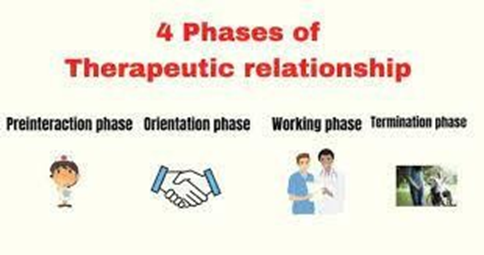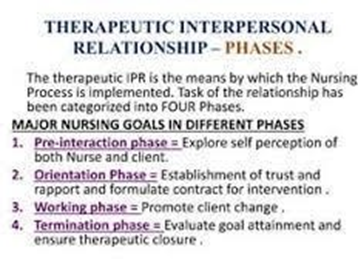To prevent the occurrence of Lithium (Eskalith) toxicity, the nurse should teach the client to maintain adequate intake of
Chloride and sodium
Water and vitamins
Sodium and water
Potassium and water
The Correct Answer is C
Choice A rationale: Both sodium and chloride are important for fluid balance but chloride has no effect on the blood lithium levels.
Choice B rationale: sodium has an effect on the blood lithium levels by competing with lithium for reabsorption in the kidneys but vitamins do not influence the lithium levels in blood.
Choice C rationale: dehydration increases the risk of lithium toxicity since it will result in oliguria hence increasing the risk of lithium toxicity since the drug is primarily excreted in urine. Sodium and lithium compete for reabsorption in the kidneys, so low sodium levels can increase lithium retention and lead to toxicity. Therefore, the client should maintain an adequate intake of sodium and water to prevent dehydration and sodium loss and to keep the lithium level within the therapeutic range.
Choice D rationale: water has an influence on blood lithium levels since adequate intake minimizes the risk of toxicity by increasing the drug’s excretion in urine.
However, potassium does not compete with lithium for reabsorption.
Nursing Test Bank
Naxlex Comprehensive Predictor Exams
Related Questions
Correct Answer is B
Explanation
Choice A rationale: this is the phase where the caregiver and client establish a rapport by introducing themselves while clarifying their roles and expectations. The caregiver also explains the purpose, scope, and limits of the services they provide.
Choice B rationale: the preparation phase occurs before the client and the caregiver meet and involves the care provider reviewing the client’s information, identifying their needs, and planning for their first contact.
Choice C rationale: This is the phase where the caregiver and the client end the therapeutic relationship, evaluate the outcomes, and plan for follow-up or referral.
Choice D rationale: this phase involves the caregiver and the client implementing interventions, monitoring their progress, and modifying their goals as needed to achieve their set objectives.


Correct Answer is C
Explanation
Choice A rationale: Crestor (Rosuvastatin) is a statin used for lowering cholesterol levels, not for treating depression.
Choice B rationale: Seroquel (Quetiapine) is an atypical antipsychotic used for various mental health conditions such as schizophrenia, bipolar disorder, and major depressive disorder. However, it is not a first-line treatment for depression.
Choice C rationale: Paxil (Paroxetine) is an antidepressant commonly used in the treatment of depression and other mood disorders. It belongs to the selective serotonin reuptake inhibitor (SSRI) class of medications.
Choice D rationale: Latuda (Lurasidone) is an atypical antipsychotic used in certain psychiatric conditions such as schizophrenia and bipolar depression but is not typically a first-line treatment for depression.

Whether you are a student looking to ace your exams or a practicing nurse seeking to enhance your expertise , our nursing education contents will empower you with the confidence and competence to make a difference in the lives of patients and become a respected leader in the healthcare field.
Visit Naxlex, invest in your future and unlock endless possibilities with our unparalleled nursing education contents today
Report Wrong Answer on the Current Question
Do you disagree with the answer? If yes, what is your expected answer? Explain.
Kindly be descriptive with the issue you are facing.
